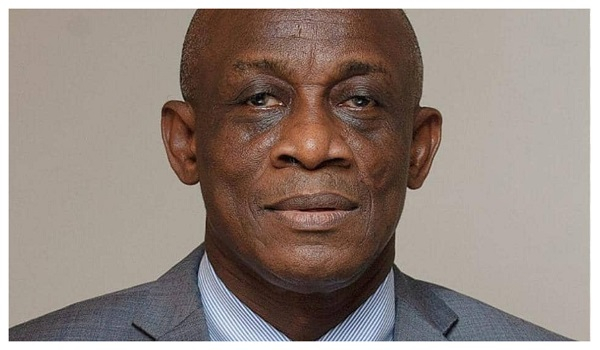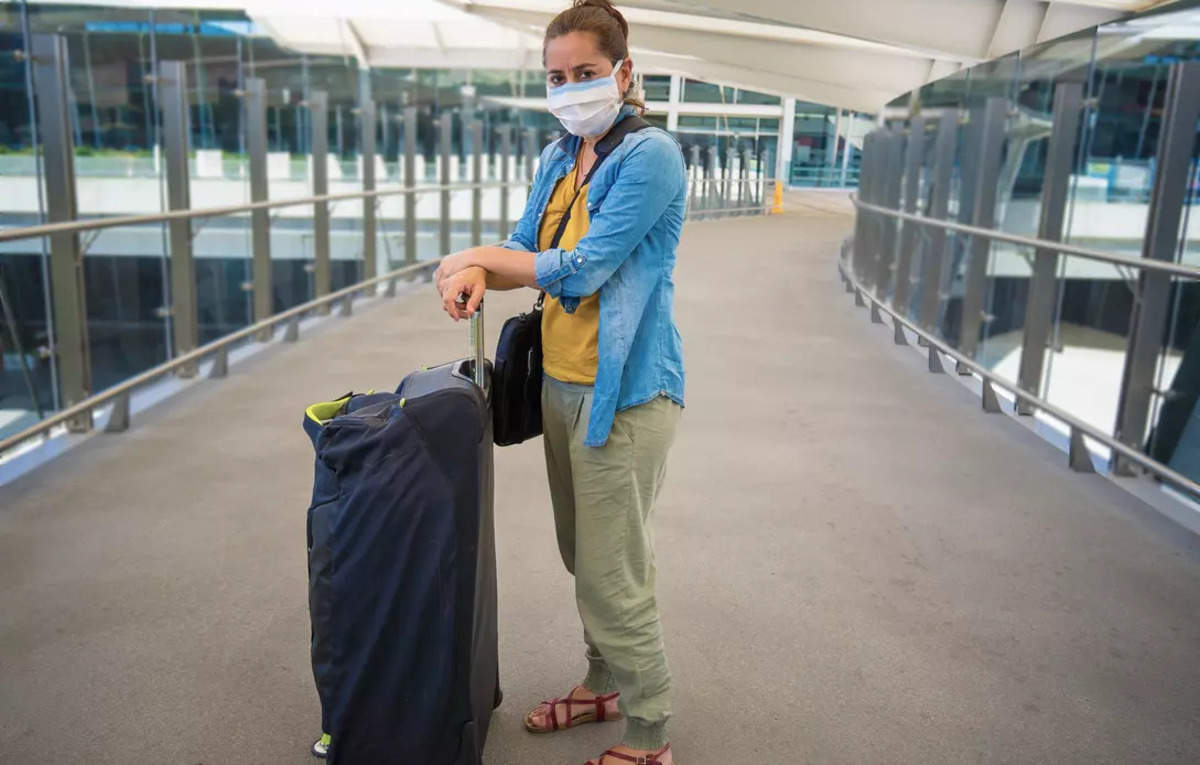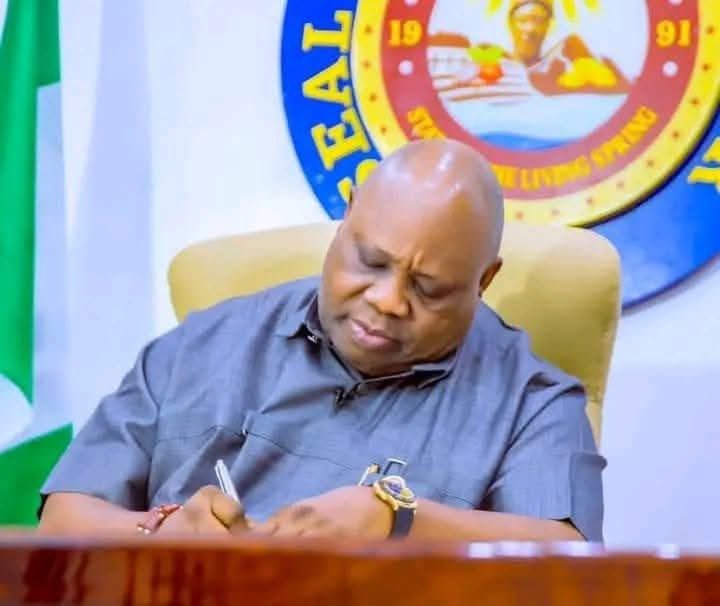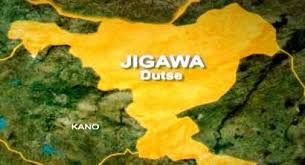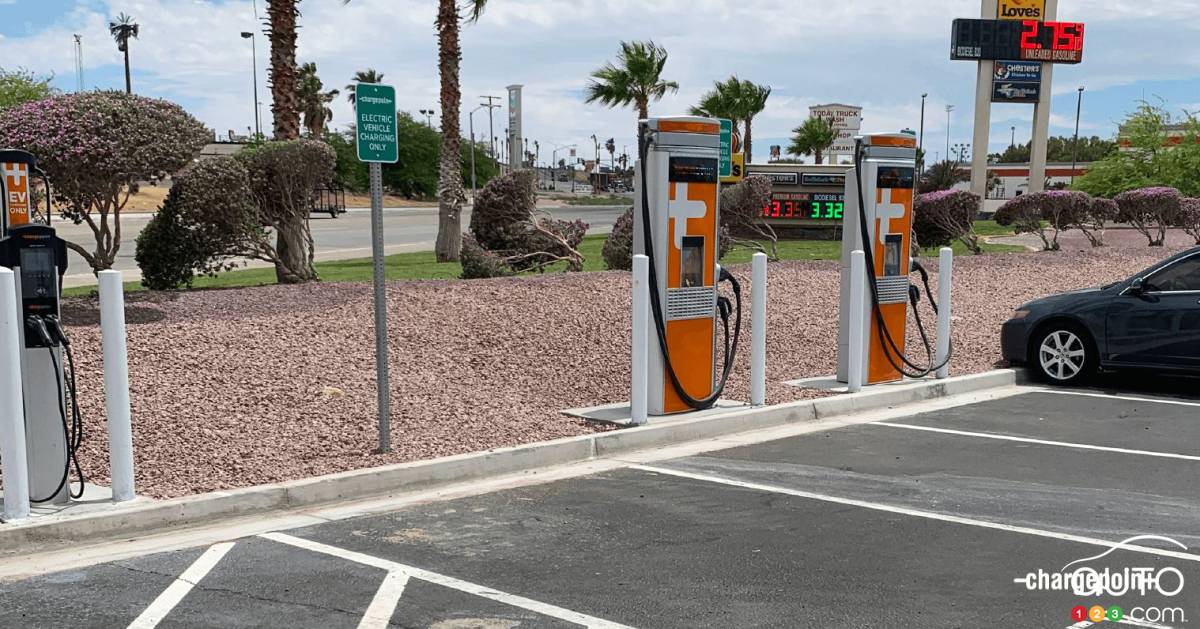Los Angeles Protests: Curfew, Trump Response, Violent Incidents

Los Angeles has become the epicenter of a significant confrontation between state and federal authorities, sparked by intensified immigration enforcement under President Donald Trump. Protests against U.S. Immigration and Customs Enforcement (ICE) raids have led to civil unrest, prompting the deployment of thousands of National Guard troops and U.S. Marines by the federal government. This move has been met with strong opposition from California Governor Gavin Newsom, who has initiated legal action, and has resulted in the imposition of a curfew in downtown Los Angeles to quell vandalism and looting.
The unrest began following federal ICE raids as part of President Trump's crackdown on illegal immigration. Demonstrations quickly escalated, with reports of looting, vandalism, and clashes with police. In response to the escalating situation, Los Angeles Mayor Karen Bass declared a local emergency and imposed a curfew in downtown areas, from 8pm to 6am. Mayor Bass stated that the city had "reached a tipping point," citing 23 businesses looted on one night and widespread graffiti. LAPD Chief Jim McDonnell described the curfew as a "necessary measure to protect lives," with authorities making numerous arrests, including 197 on a single Tuesday, and over 350 in total. The curfew applies to a one-square-mile section of downtown LA, with exemptions for residents, homeless individuals, essential workers, and media.
President Trump responded to the situation by activating over 4,100 National Guard troops under federal orders and deploying 700 U.S. Marines to Los Angeles to protect ICE officers and federal buildings. The Pentagon estimated the cost of the operation at $134 million. President Trump defended his actions, stating his administration would "liberate Los Angeles" and characterizing the events as a "full-blown assault on peace, on public order and on national sovereignty." He vowed that similar aggressive immigration enforcement tactics would be replicated across the country. Pentagon spokesperson Sean Parnell refuted claims of troop neglect, stating soldiers had access to food and water and that temporary housing conditions were due to the "fluid security situation." Defense Secretary Pete Hegseth also defended the operation, suggesting such deployments could become more common.
Governor Gavin Newsom vehemently opposed the federal deployment, accusing President Trump of treating National Guard troops with "disrespect" due to poor initial conditions and calling the deployment unnecessary, illegal, politically motivated, and an abuse of power. Newsom's office filed a lawsuit against the Trump administration, arguing the president's use of emergency powers exceeded constitutional authority. California Attorney General Rob Bonta joined the legal challenge, asserting the deployment violated federal law and state sovereignty. Newsom warned that the federal intervention "enflamed a combustible situation" and was a "step toward authoritarianism," stating, "California may be first, but it clearly won't end here; other states are next. Democracy is under assault." A federal judge initially denied an emergency restraining order but scheduled a hearing on the matter.
The intensified federal actions and subsequent protests have had broader impacts. Incidents of journalists being injured by police using rubber bullets were reported, including New York Post photojournalist Toby Canham and Australian journalist Lauren Tomasi. Homeland Security reported a significant increase in daily ICE arrests nationwide. Protests in solidarity with Los Angeles have spread to other U.S. cities, including Seattle, Austin, Chicago, and Washington, D.C. In Omaha, federal agents raided a meat processing plant, leading to further demonstrations. Los Angeles school officials increased security at graduation ceremonies due to fears of ICE actions. Reactions in Congress have been divided, with some Republicans condemning the violence but also expressing concern over the ICE raids' impact on communities.
The situation in Los Angeles remains tense, emblematic of a larger national debate over immigration policy, federal authority, and civil liberties. Governor Newsom has framed the conflict as a fight for democratic principles against potential federal overreach, while President Trump remains resolute in his approach to immigration enforcement and maintaining public order. The legal challenges filed by California officials are set to continue, potentially setting significant precedents regarding the deployment of military forces for domestic law enforcement. The ongoing events highlight deep divisions within the country and the profound impact of federal policies on local communities.

